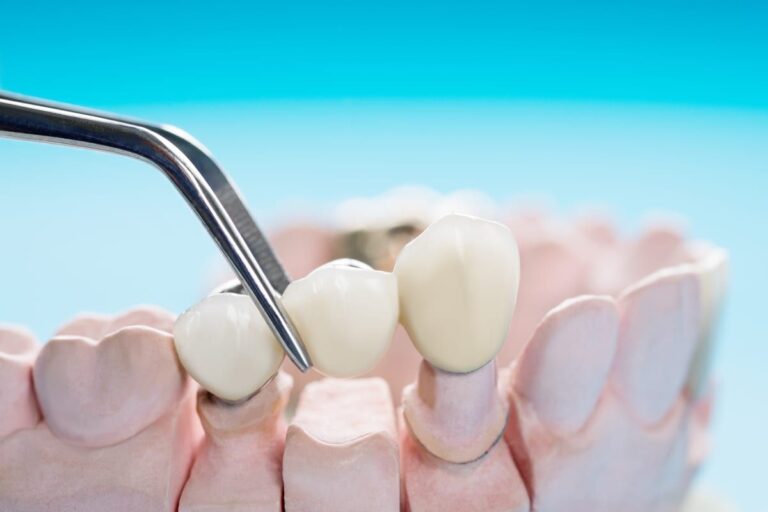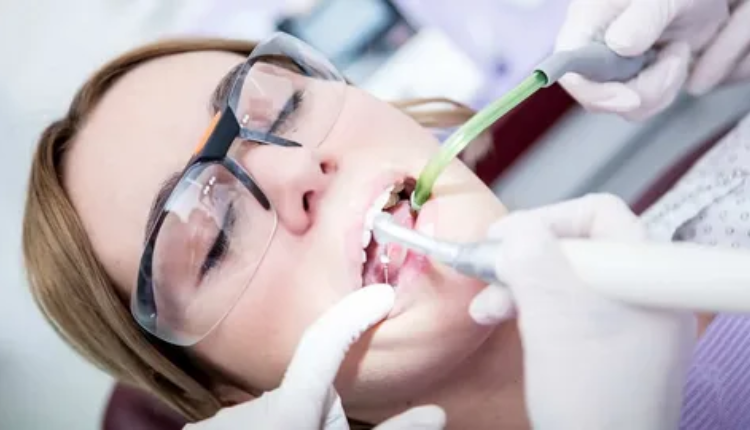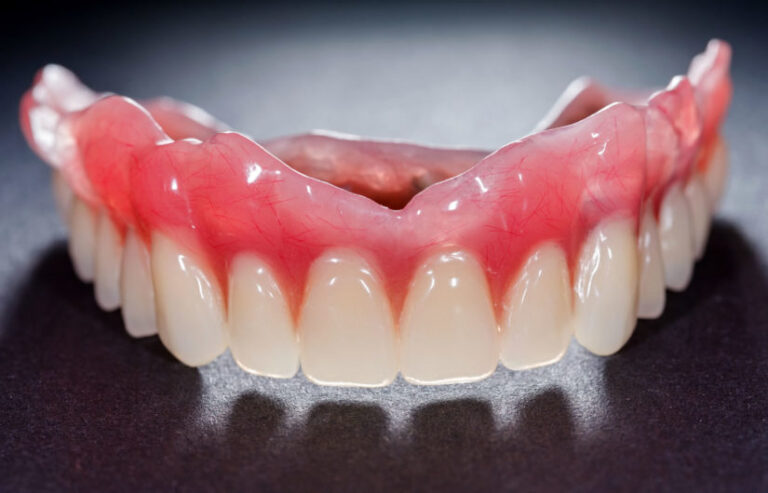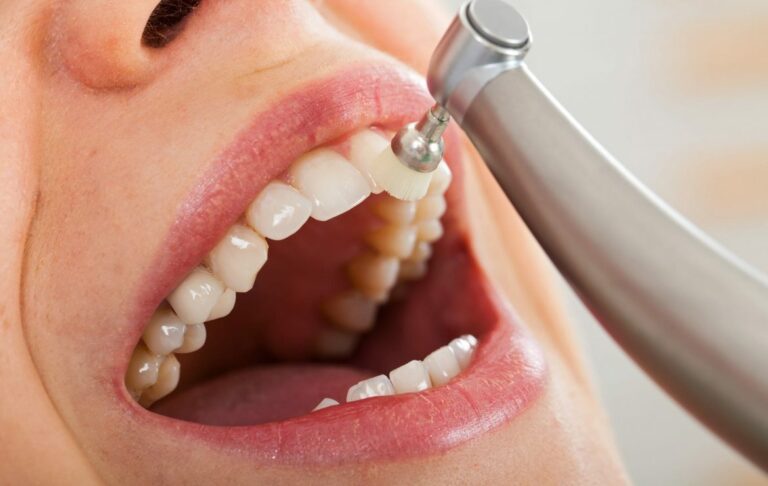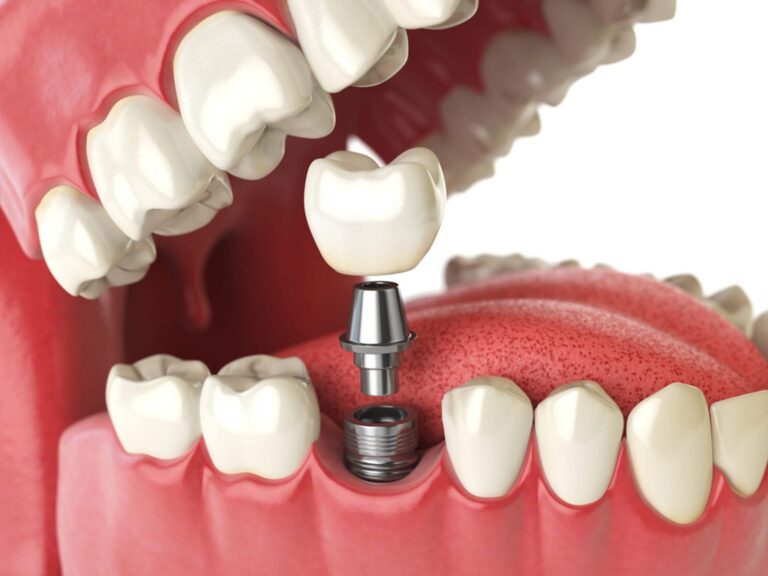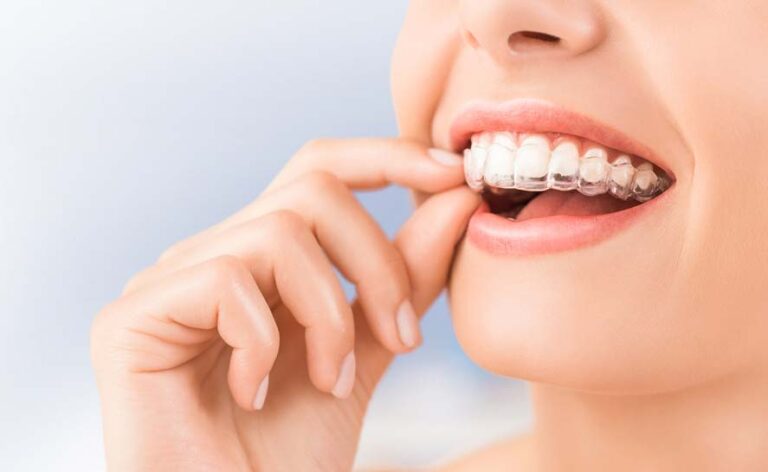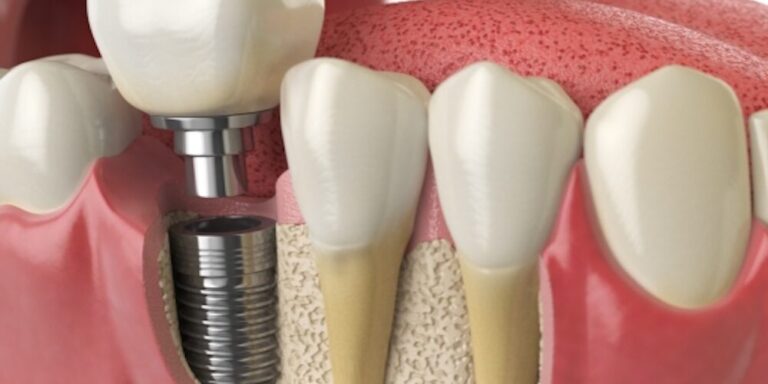Tooth loss poses significant concerns as it can lead to various life-altering consequences, affecting oral form, function, and aesthetics. However, prosthodontics, a prominent branch of dentistry, addresses this issue by specializing in replacing missing teeth and supporting structures.
The dentist in Fairfield, CA, and their team are licensed and experienced specialists who provide a range of prosthodontic treatments for oral rehabilitation.
A detailed guide to prosthodontics
Prosthodontics is a specialized branch of dentistry that is dedicated to replacing missing teeth and supporting structures by providing dental prosthetics. These procedures are performed by specially trained and licensed dentists known as prosthodontists. These innovative prosthetics can significantly improve your quality of oral health, and life.
Prosthodontics offers a series of removable and fixed dental appliances such as:
- Full or partial dentures
- Dental crowns
- Bridges
- Oral splints
- Mouthguards for sports
- Night guards
Prosthodontics offers a wide range of dental treatments. You may be referred to a prosthodontist if you have:
- Missing teeth
- Severely diseased or damaged teeth
- Mouth or facial pain
- TMJ disorders
- Cosmetic concerns
- Obstructive sleep apnea
- Bruxism
- Sports Injury
Some of the popular and common examples of prosthodontic treatments include:
- Dental crowns: These are customized shells that help restore an extensively damaged or diseased tooth.
- Dental bridge: A connection of artificial teeth, seeking support from adjacent natural teeth is known as a dental bridge.
- Dentures: Dentures are removable appliances that replace a few or all the missing teeth.
- Inlays and Onlays: These are restorations that help restore a damaged tooth that cannot be repaired with a regular filling or a crown.
- Dental implants: These are artificial screw-like posts that mimic the lost tooth roots to anchor permanent restorations like dental crowns.
Prosthodontics is a popular branch of dentistry that offers the following benefits:
- Restores speech and chewing
- Improves your bite
- Corrects TMJ issues
- Has a wide range of procedures according to your need
- Restores your smile
- Boosts confidence
Prosthodontics is one of the main branches of dentistry that focuses on the replacement of missing or damaged teeth. Prosthodontists treat patients of all ages to help restore oral form, function, and aesthetics. Whether you are missing teeth suffer from malocclusion, or need relief from TMJ issues, a prosthodontist can help you achieve your goals. Talk to your dentist to find out which treatments best suit your needs. The desired prosthodontic treatment can be determined after a thorough oral evaluation.

